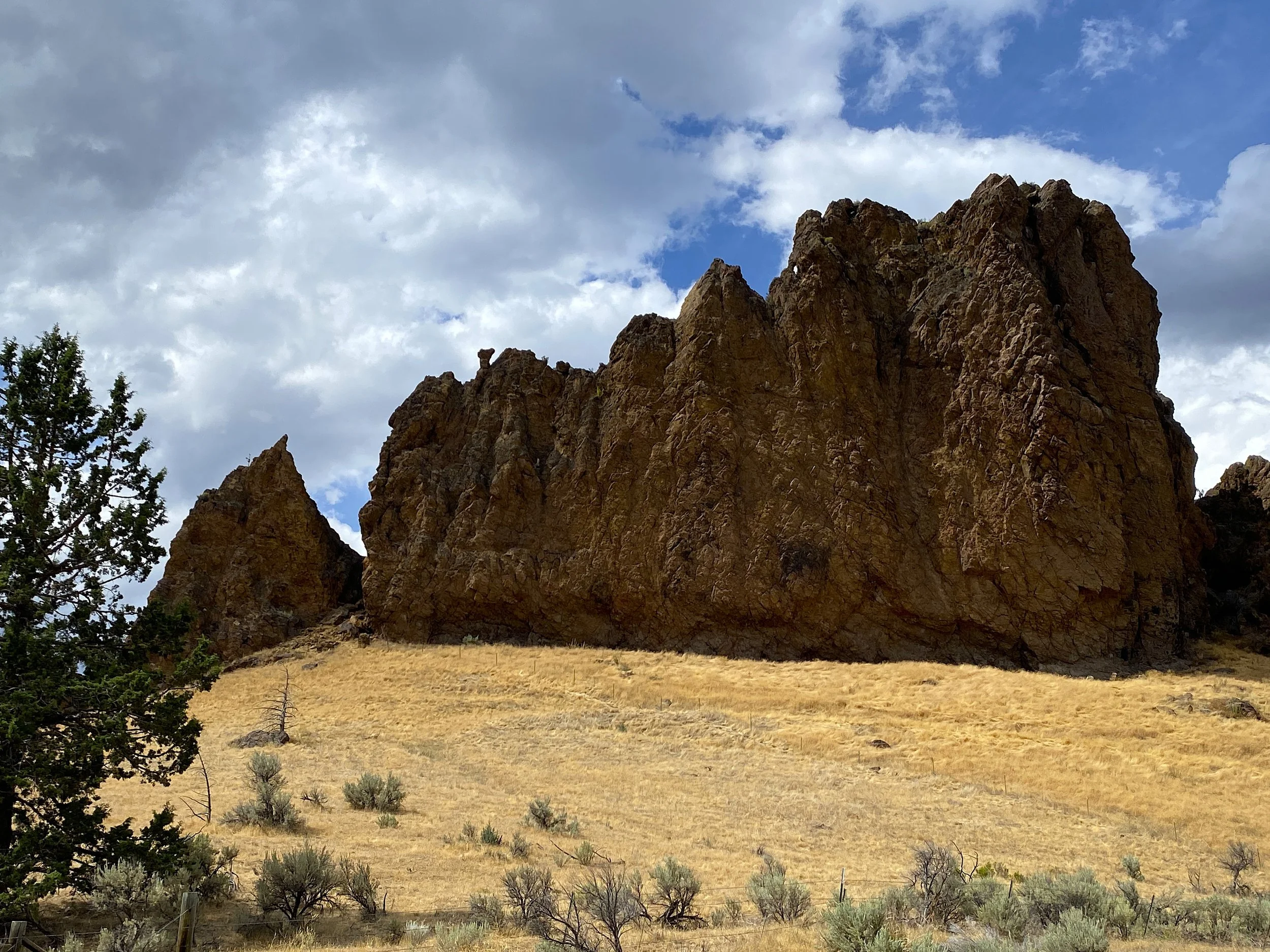Negative Space (2) – The Media Ratio
Just let me get this out.
About 25 years ago, I worked at a hotel in Kissimmee, FL. I worked with a bunch of assholes and freakshows. I had hundreds of stupid conversations. One of the least insane of my coworkers and I had a conversation about the lottery. He was a level-headed guy, starting his own business, but he still played. I contended he was pissing his money away and explained the odds over and over. “One in forty-eight million. Every time.” He would reply with: “Yeah but there’s that one!”
I gave up the conversation but I thought of a fantastic retort later in life. (Naturally, it was later.) I would say “How about this. If you went to the doctor and he could scan you and tell you the likelihood of you ever getting any kind of cancer was one in forty-eight million, how would you feel? You’d feel friggin’ great, that’s how you’d feel. Those odds make it almost impossible that you would ever get cancer. Those odds and the lottery odds are the SAME ODDS.”
Would that have convinced him? Probably not.
That’s when I learned that people aren’t necessarily convinced by facts, and they tend to look at statistics and the news in the framework that suits them. People don’t like to be wrong or admit they were wrong, so they take reality and see what they want to see. Or need to see.
The news was next up for me. There is a logic problem with the news that I don’t quite understand.
Think about this. Remember last week when you went to the grocery store, and you saw that Nissan on the side of the road and the traffic cop that pulled it over? Why wasn’t that on the news? When your nephew graduated from seventh to eighth grade, why wasn’t there a reporter there? When you filled your tank at the gas station and the lady in front of you wore what looked like Harry Potter robes. Why wasn’t that late-breaking news? Not because these were “good” stories, because good stories sometimes make the news. No, these weren’t reported because they happen every day and no one gives a shit. They are essentially common. Regular. Normal.
We know what makes the news. Murder. Political issues. Scandal. Maybe that one guy actually wins the lottery. The news shows you things that are exceptional. Novel. Rare.
If that’s all true, then why is the reaction to the news so often dismal and bleak? If what makes the news something that is RARE, why do we interpret it as something that happens EVERY DAY?
Why do we focus on the negative space?
In a single person’s life, depending on circumstance, murder, scandal, and lottery wins are barely present at all. If they are present, they don’t have anything to do with the news. It’s a logic issue that has plagued me for years. Then I remembered. Life isn’t solely about logic. It’s about emotion, too.
The news isn’t out to inform you. It’s out to stir your emotions.
This isn’t a new revelation. Journalists know this. Media companies know this. Emotion gets you interested. It was true in the 1890s, and it’s true in the 2020s. Fear. Terror. Paranoia. Hate. The media has been a tool to either sell you shit or keep you coming back for more media. It is what it is.
I stopped my media diet in full a week before this last ridiculous election. Not just social media, but all news. I use the fact that I’m busier these days as an excuse, but the truth is I hated it all. I didn’t want my emotions stirred and to keep falling into the same deep, dark wells over and over. I was sickened by it. Every website, every channel, every feed. Life-changing events mixed with ads for ass cream and green-tinted sodas. People selling their dignity for a few bucks and pointless attention. Hateful politics and incomprehensible apathy. What, exactly, am I missing? The merry-go-round of what’s important for 72 hours then immediately discarded? I’m not saying life was better before but at least you felt like you could take time off from media and the news.
It’s very important to accept the sociological fact that each human can handle only about 100 or so relationships at most. That’s it. You can’t burden yourself with the horseshit out of your lives of out of your control. Not because you don’t care. (Because I do.) You have a life in front of you that you actually have a little control over. It’s those relationships and decisions that need tending.
We need information. Not news. Information doesn’t come daily or even on a set schedule. You receive it and you decide if you’re going to do anything with it. If our minds could get rid of all the media interference, we might be able to make better decisions.
Who knows?
